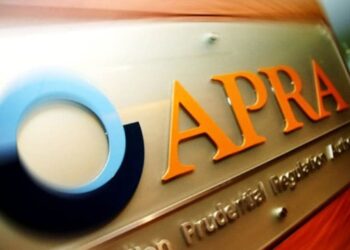Superannuation funds should demonstrate how efficiently their retirement products are taking account of the multiple risks facing retirees when attempting to meet their needs, Rice Warner believes.
An analysis by the research house said the risks retirees faced included investment, longevity, and liquidity, and that the two primary needs for retirees were certainty of cash flows, and growth of their capital for future cashflow.
“A critical and underlying component in measuring the effectiveness of a retirement product is the net return over the long-term, particularly given average life expectancy at retirement exceeds 20 years for most retirees,” the analysis said.
“Measuring the net return and its relevance is obviously straightforward for account-based pensions, which currently make up the majority of the market.”
The analysis noted that the efficiency of a retirement product in meeting needs still varied significantly depending on particular circumstances of individual retirees.
“Some retirees will be prepared to accept a lower investment return in order to have greater security of income — a lifetime annuity being the extreme example,” it said.
Rice Warner said efficient products should not force the sale of assets at depressed values to meet pension payments.
“The key is to use tools that maximise long-term investment performance while delivering returns in a way that supports short-term income requirements,” the analysis said.
“Generally, the optimal solution requires a separation of needs and an allocation of the assets being used to satisfy those needs. This allocation might be nominal or it could involve separation into strategic investment ‘buckets’.
“Assets must be matched to liabilities and this cannot be done with a composite investment approach.”




